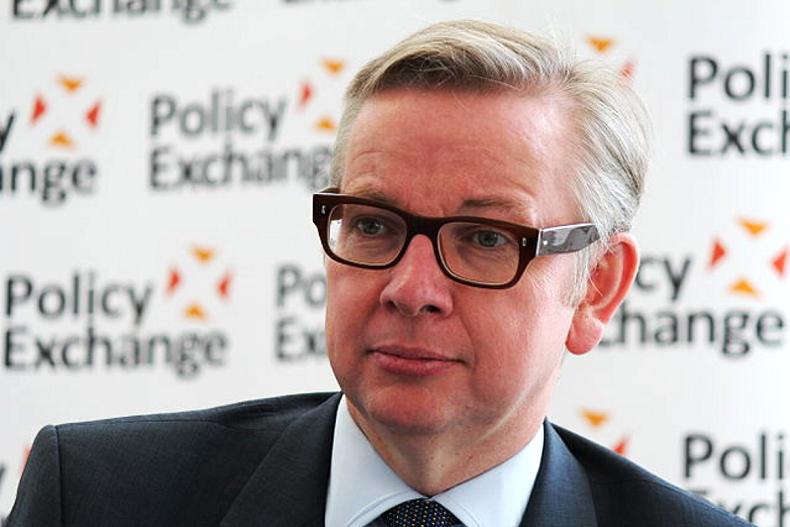Glyphosate, the main ingredient in Monsanto’s Roundup, does not interfere with human health, the EFSA has ruled in a peer review.
EFSA was requested by the European Commission to consider information on potential endocrine activity of the pesticide active substance glyphosate in accordance with Article 31 of Regulation (EC) No 178/2002.
The weight of evidence indicates that glyphosate does not have endocrine disrupting properties through oestrogen, androgen, thyroid or steroidogenesis, based on a comprehensive database available in the toxicology area, the EFSA said.
Not carcinogenic
In November 2015, the EFSA ruled that glyphosate do not pose a cancer risk to humans.
The EFSA concluded the herbicide does not demonstrate carcinogenic or mutagenic properties and has no toxic effect on fertility, reproduction or embryonal development.
The European Chemicals Agency (ECHA) has also said that the scientific evidence showed that glyphosate did not meet the criteria to classify it as a carcinogen, as a mutagen or as toxic for reproduction.
Banning glyphosate
A number of petitions, both at home and in Europe, have called for the herbicide to be banned.
In Leitrim, a petition called on Leitrim County Council to prohibit the use of glyphosate-based weedkillers in all public places including public footpaths, road verges, council estates and amenity areas.
Meanwhile, a European Citizen’s Initiative was registered in January with the European Commission asking them to propose a ban on the herbicide.
Should the ECI receive 1m statements, asking the Commission to ban glyphosate from a minimum of seven member states, then the Commission will have to react to the ECI within three months.
Read more
Leitrim petition to ban glyphosate almost reaches target
’The science is clear - glyphosate is safe’ - Hogan
Glyphosate, the main ingredient in Monsanto’s Roundup, does not interfere with human health, the EFSA has ruled in a peer review.
EFSA was requested by the European Commission to consider information on potential endocrine activity of the pesticide active substance glyphosate in accordance with Article 31 of Regulation (EC) No 178/2002.
The weight of evidence indicates that glyphosate does not have endocrine disrupting properties through oestrogen, androgen, thyroid or steroidogenesis, based on a comprehensive database available in the toxicology area, the EFSA said.
Not carcinogenic
In November 2015, the EFSA ruled that glyphosate do not pose a cancer risk to humans.
The EFSA concluded the herbicide does not demonstrate carcinogenic or mutagenic properties and has no toxic effect on fertility, reproduction or embryonal development.
The European Chemicals Agency (ECHA) has also said that the scientific evidence showed that glyphosate did not meet the criteria to classify it as a carcinogen, as a mutagen or as toxic for reproduction.
Banning glyphosate
A number of petitions, both at home and in Europe, have called for the herbicide to be banned.
In Leitrim, a petition called on Leitrim County Council to prohibit the use of glyphosate-based weedkillers in all public places including public footpaths, road verges, council estates and amenity areas.
Meanwhile, a European Citizen’s Initiative was registered in January with the European Commission asking them to propose a ban on the herbicide.
Should the ECI receive 1m statements, asking the Commission to ban glyphosate from a minimum of seven member states, then the Commission will have to react to the ECI within three months.
Read more
Leitrim petition to ban glyphosate almost reaches target
’The science is clear - glyphosate is safe’ - Hogan










SHARING OPTIONS